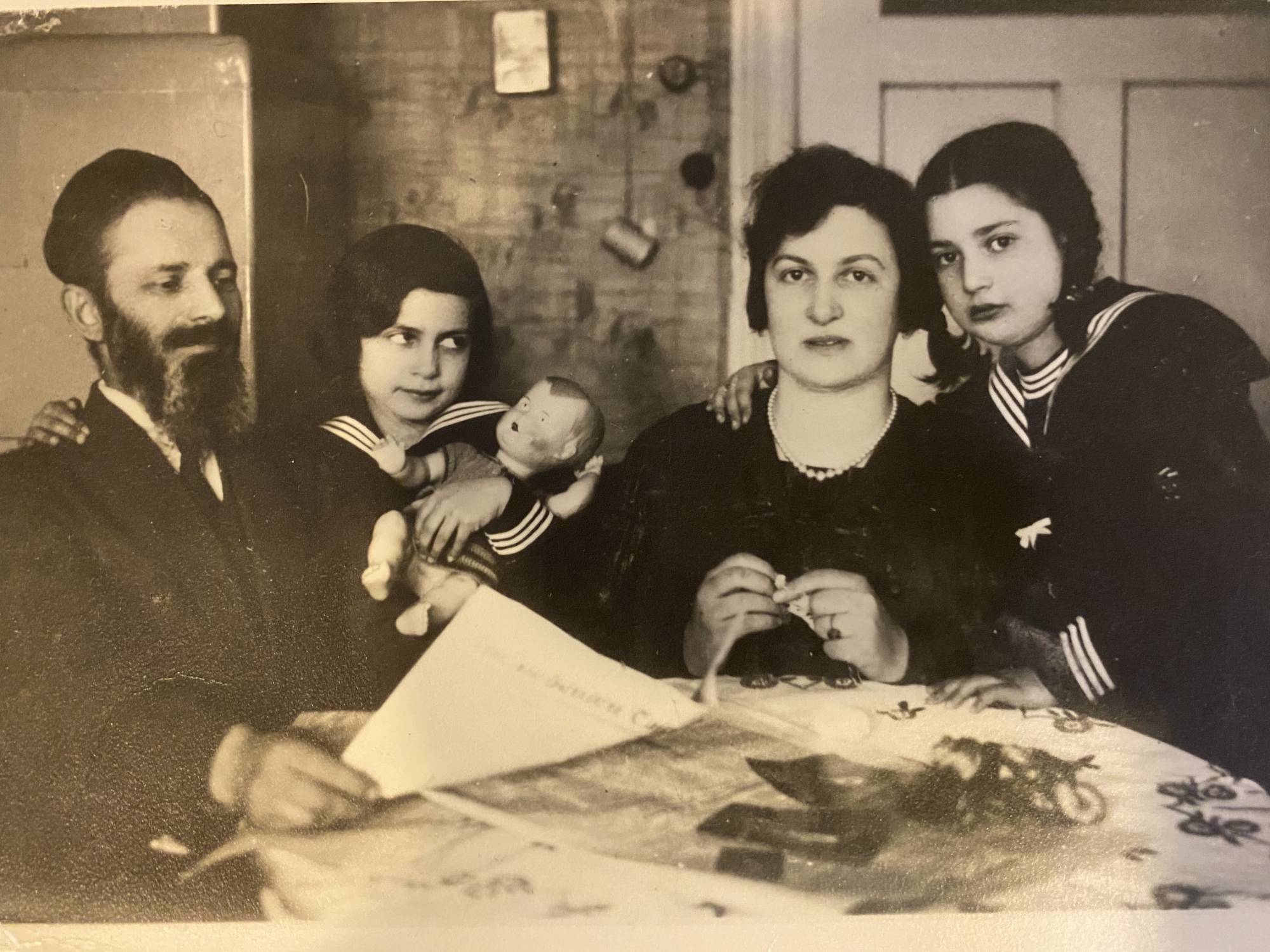On a cold evening in Moscow in 1941, Rischel Friedmann was risking her life to reach the Japanese Embassy, knowing it might be her last chance to survive. She was desperate, alone and only 17.
Her salvation came in the form of a Japanese transit visa, an act of kindness from an ambassador who defied his own Foreign Ministry to give it to her and hundreds of others who were fleeing Nazi persecution and the horrors of the Holocaust.
On March 23, 1941, when Friedmann, 17, sailed to western Japan aboard a ship that ferried dozens of displaced Jews, she was holding a Japanese visa issued just weeks earlier by Ambassador to the Soviet Union Yoshitsugu Tatekawa.



















With your current subscription plan you can comment on stories. However, before writing your first comment, please create a display name in the Profile section of your subscriber account page.